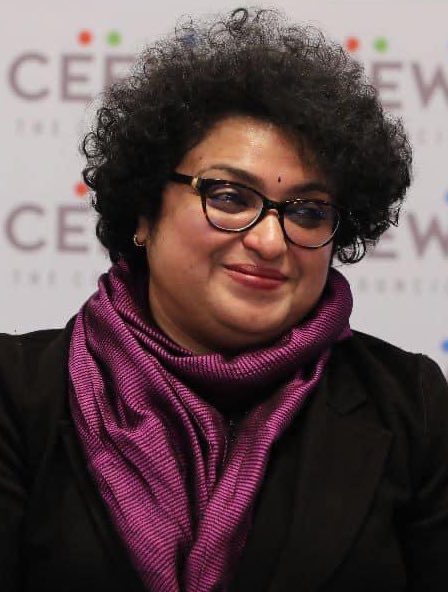Contributors
More »- 1
- 2
- 3
- 4
- 5
- 6
- 7
- 8
- 9
- 10
- 11
- 12
- 13
- 14
- 15
- 16
- 17
- 18
- 19
- 20
- 21
- 22
- 23
- 24
- 25
- 26
- 27
- 28
- 29
- 30
- 31
- 32
- 33
- 34
- 35
- 36
- 37
- 38
- 39
- 40
- 41
- 42
- 43
- 44
- 45
- 46
- 47
- 48
Agriculture as a shock-absorber
14/12/2020
The slew of agricultural reforms initiated by the government has led to a vigorous discussion in the media about the pros and cons of these policy changes. Most of these discussions have focussed on agriculture as an activity that provides farmers with a regular source of income. The arguments have ...

(co-authored with Debasri Mukherjee)
The developing world has succeeded in significantly reducing the prevalence of under-nourishment over the last three decades compared to India [See Figure 1]. However, during this time the share of wasted (having low weight-for-height) children in India has remained around 20 percent. The known causes ...
Reviving the Indian Economy
12/11/2020

The Finance Minister Smt Nirmala Sitharaman had said that the demand for consumer goods has increased considerably during the festival months. October-to-March is the festival season in India. Based on the “Nikkei Manufacturing Purchasing Manager's Index (PMI)”, the Finance Minister said that the “economic activity had picked up in ...

(Co-authored with Mita Choiudhury)
In a public health emergency, the role of the government is expected to be dominant as private provisioning is likely to be sub-optimal. Yet, in a health system, which is largely dominated by the private sector, a public-private interplay is inevitable. In this article, we ...
Nudge towards formalisation
16/10/2020

(Co-authored with Amrita Pillai)
Registering MSMEs could help them access formal credit channels
The costs of formalisation and compliance are high and onerous in many states in India. In such an ecosystem, there are perverse incentives to remaining small and informal.
A new process of classification and ...
